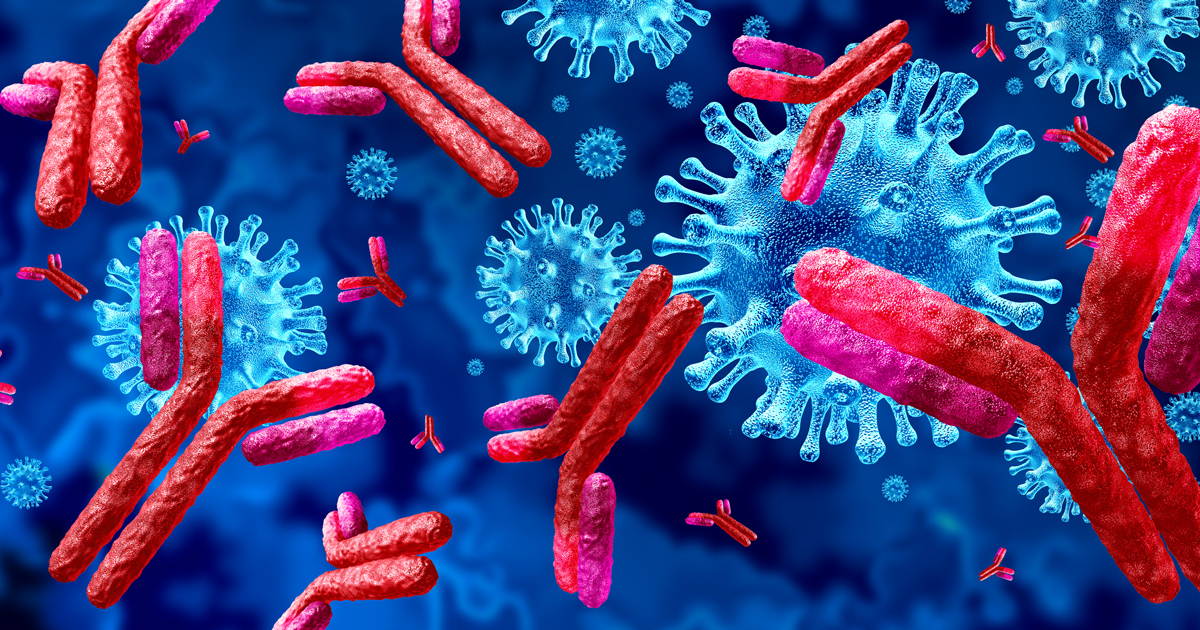COVID-19: Disease-induced (natural) immunity, vaccination or hybrid immunity?

Note: This article was originally published in September 2021. As more robust new studies have come out, and we've continued to learn more, it has been updated in November 2021, February 2022 and April 2023.
The pandemic has taught us many things, and as it has evolved, researchers have also learned more about how the immune system responds to disease and vaccines. The immunity question is important, especially in light of the immune evasiveness of omicron subvariants and potential future variants.
Which immunity is better: Disease-induced immunity or vaccination-induced immunity?
It turns out it’s not an either-or situation. Limitations exist with gaining immunity either way – by getting infected by the virus (disease induced) and by getting vaccinated.
Previous research indicated that disease-induced immunity wasn’t necessarily better and that vaccines created more effective and longer-lasting immunity than natural immunity. Disease-induced immunity, specifically, can be spotty and appears to be somewhat related to how severe the illness was (more severely ill persons appear to have a greater immune response than those with very mild illness or asymptomatic infection). Some people may have a good antibody response, while others don’t get much of any response.
The additional benefit of vaccine-induced immunity? Fewer downsides.
- Both immunity types start to wane within 60 to 90 days, depending on how your body reacts
- Getting the virus comes with more risks, including the potential to develop severe illness, long-COVID or death
Vaccination helps protect against the most serious risks. “Yes, the vaccine has a few rare serious adverse events associated with it,” says infectious diseases expert Mark Rupp, MD. “However, the risk of adverse events is much lower than the substantial risks of serious infection and the risk of long-COVID that you get with the disease.”
Studies now show that both types of immunity are beneficial.
“Recent data analyses indicate that disease-induced immunity can be as long-lasting or even longer-lasting in some instances than vaccine-induced immunity,” adds Dr. Rupp. “Both appear to do a pretty good job protecting from severe illness and death.”
The best protection against severe outcomes: Hybrid immunity
Hybrid immunity = natural immunity + vaccination
According to an analysis published in The Lancet Infectious Diseases, a recent, robust study shows that hybrid immunity is longer lasting and more effective than disease-induced immunity or vaccination alone.
The analysis reviewed 26 studies that examined protection against reinfection, hospitalization and severe disease caused by omicron. The findings indicated:
- The effectiveness of previous infection against hospital admission or severe illness at 12 months was 74%, with effectiveness against reinfection waning to 24%
- For hybrid immunity, protection against hospital admission or severe disease was 97% at 12 months with primary series vaccination and 95% at six months with the first booster shot. Effectiveness against reinfection waned to 41% at 12 months and to 46% following the first booster shot at six months
In other words, people in the study with hybrid immunity had the highest magnitude and durability of protection, whether they received the partial primary vaccine series, the complete vaccine series, or the first booster shot.
“Despite having a very successful subvariant of omicron (XBB1.5), we’ve not seen a big spike in hospitalization or death (as was seen with delta or omicron),” says Dr. Rupp. “This is good news for the human population! As we’ve gained more and more immunologic experience, we are seeing fewer persons get seriously ill.”
The bottom line: If you’ve had COVID-19, don’t miss out on the more robust immunity you will establish by getting a vaccine booster a few months after infection.
COVID-19 continues to have an impact
The risk of COVID-19 infection has not disappeared. Continue to stay alert and incorporate healthy practices in your daily life. Approximately 300 people still die from COVID-19 each day in the United States.
“We should not let down our guard yet,” adds Dr. Rupp. “If you are at higher risk for more serious illness, keep up to date with vaccine boosters and take a few steps to minimize your risk.”
Study findings indicate that the protection offered by a previous infection does not abolish the need for vaccination. Infection-induced immunity wanes rapidly, and vaccination increases the durability of protection.




